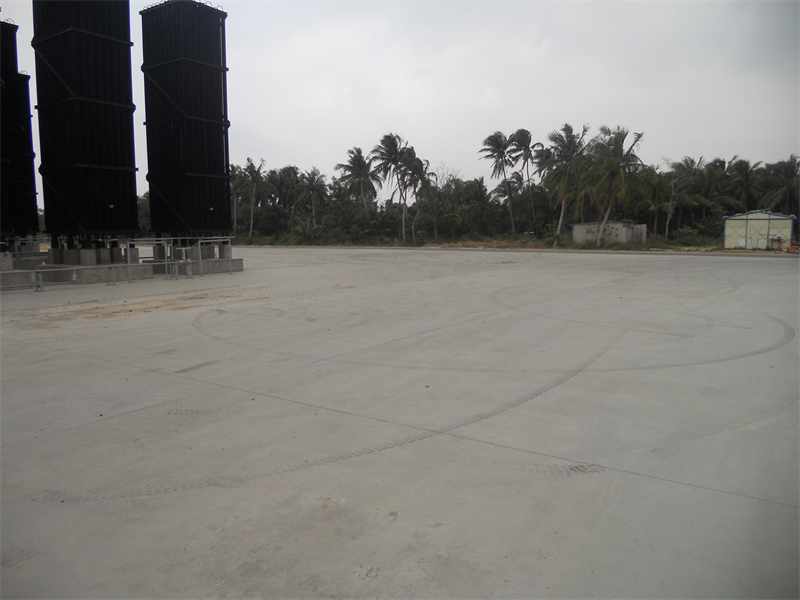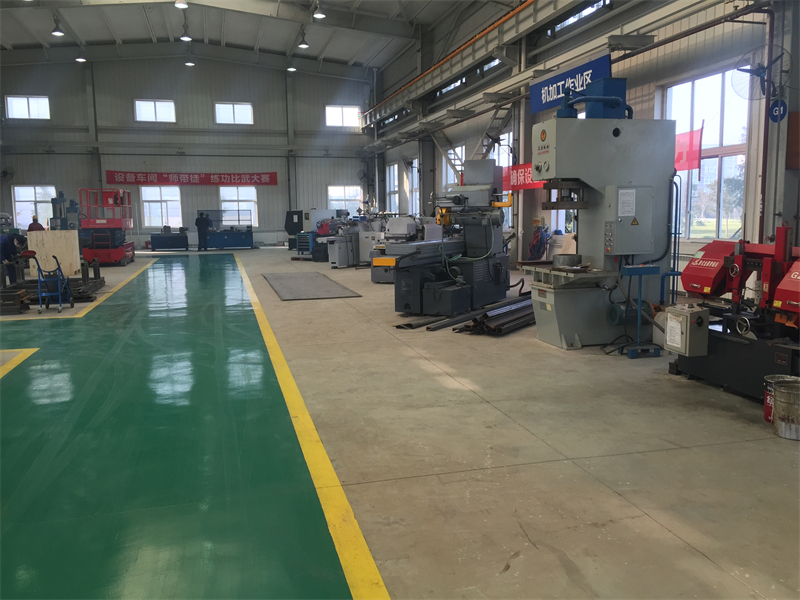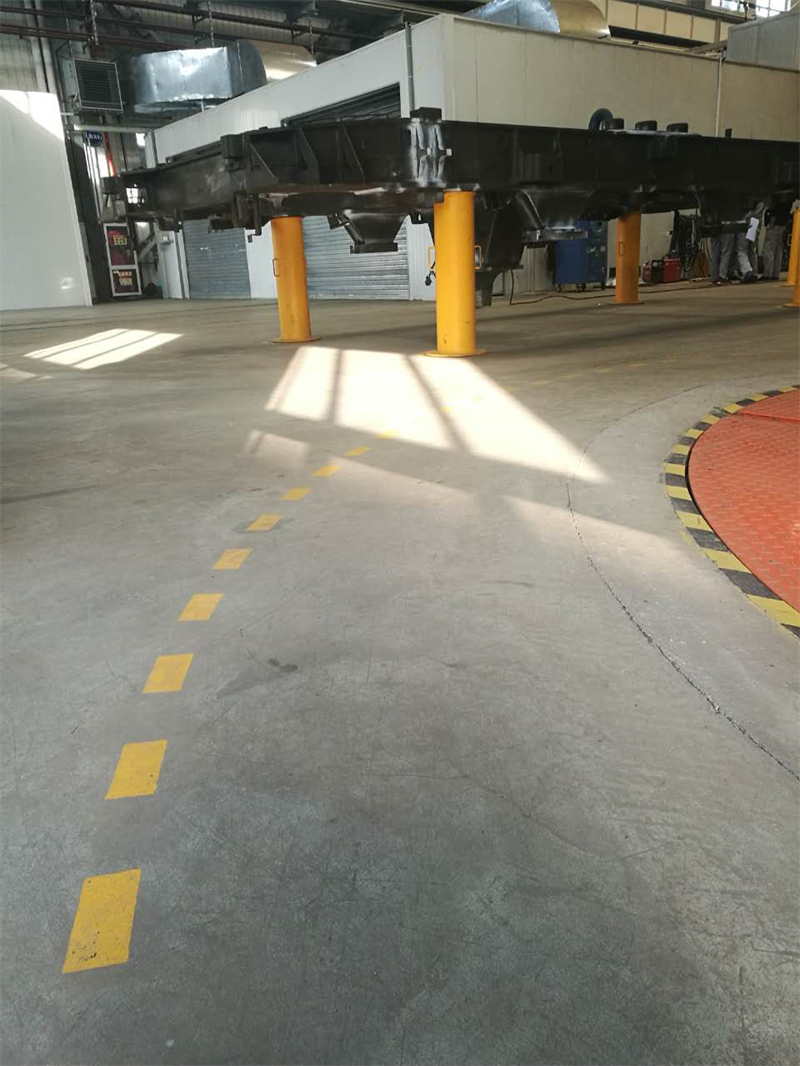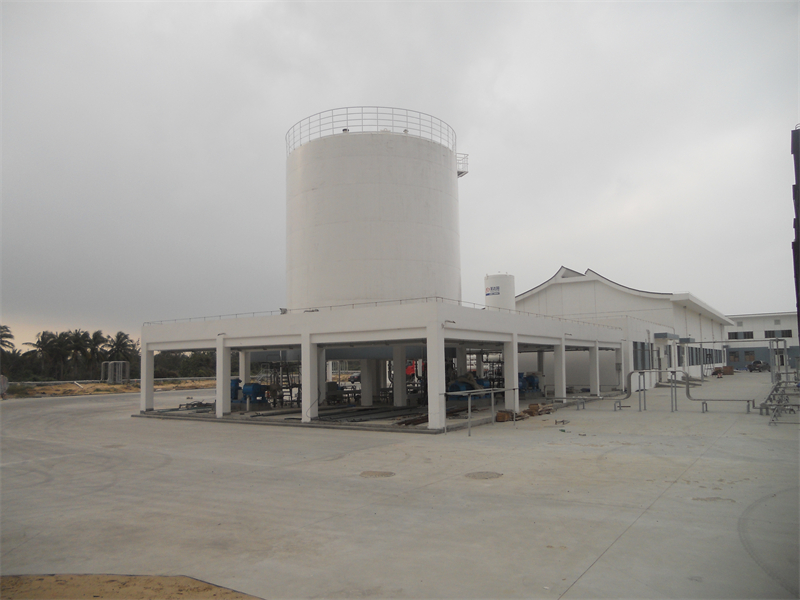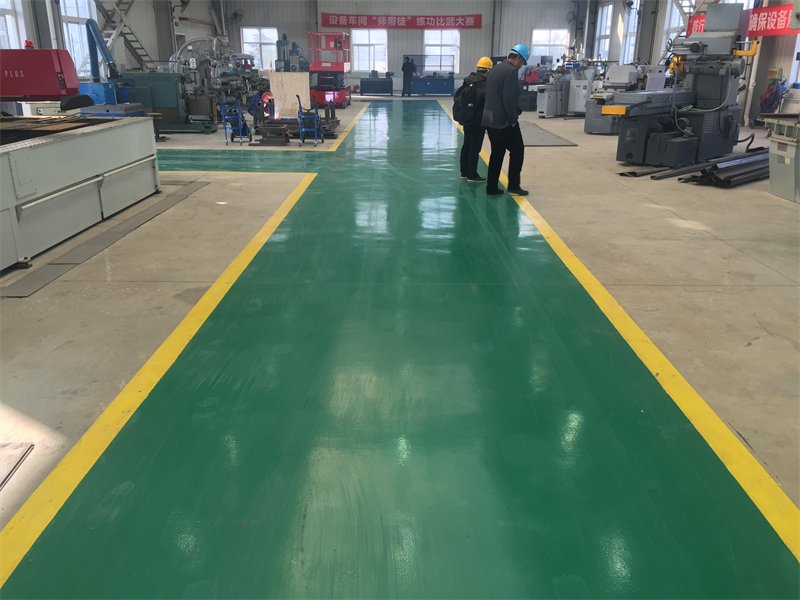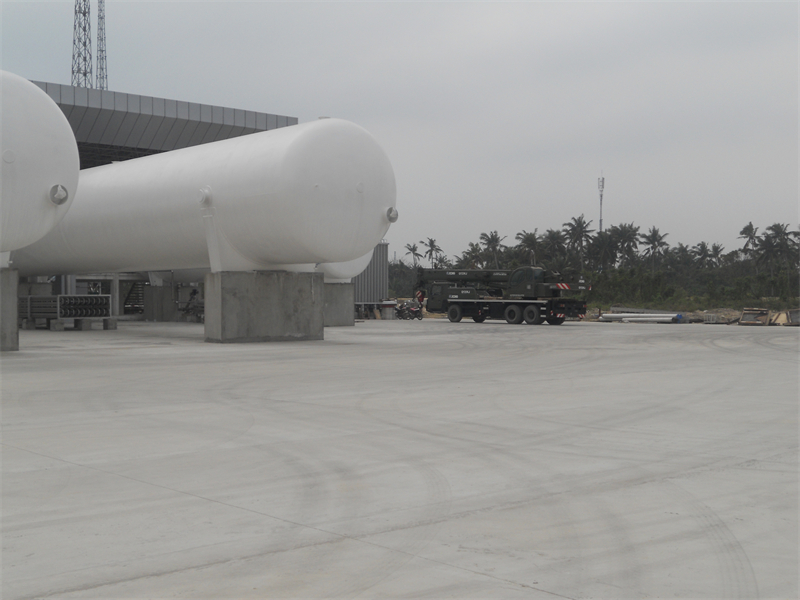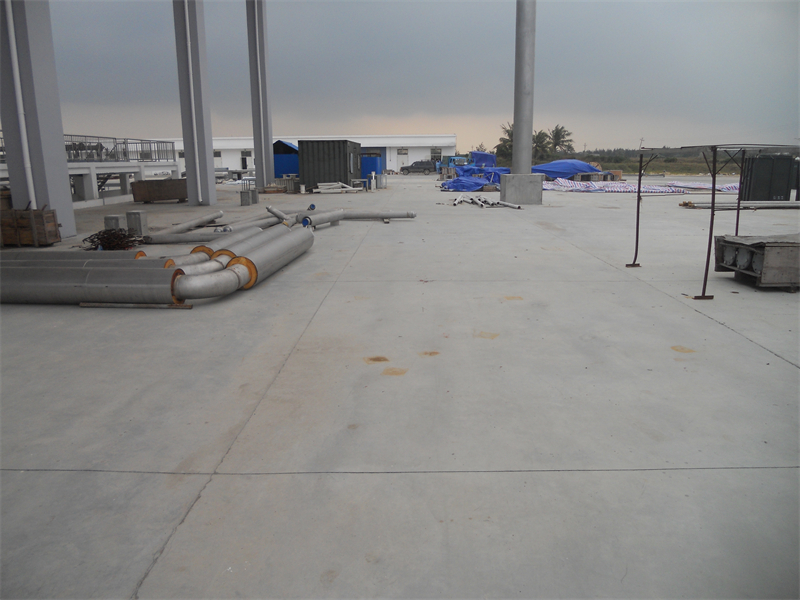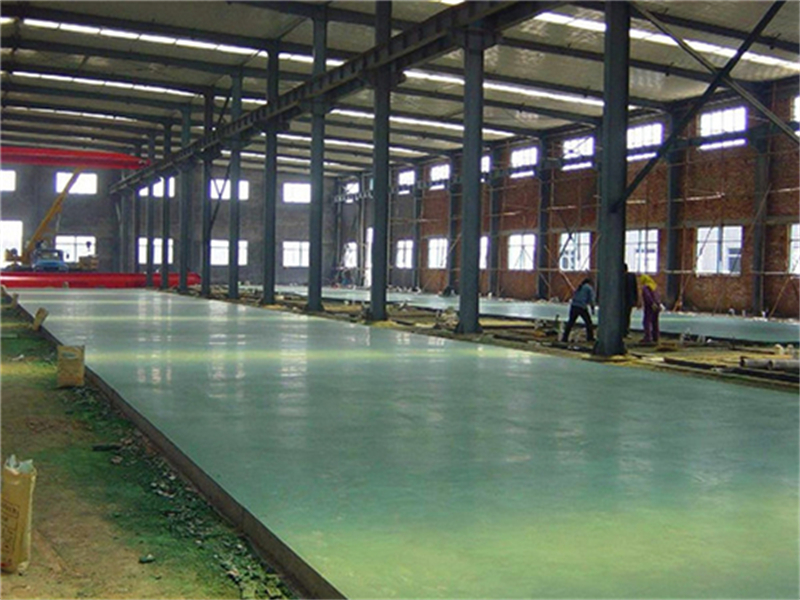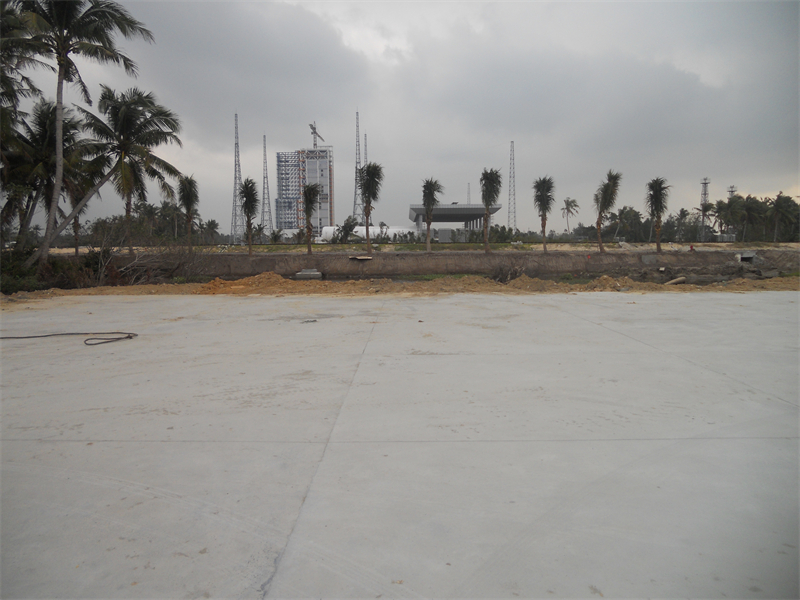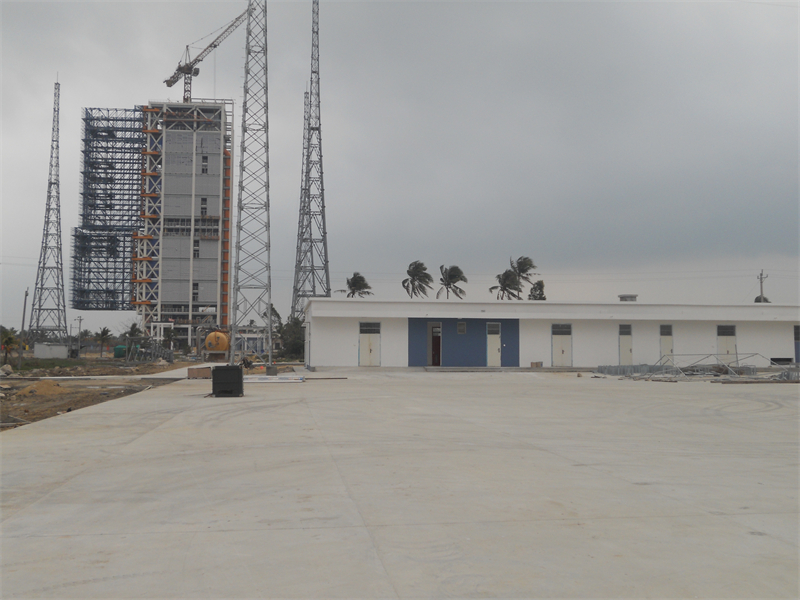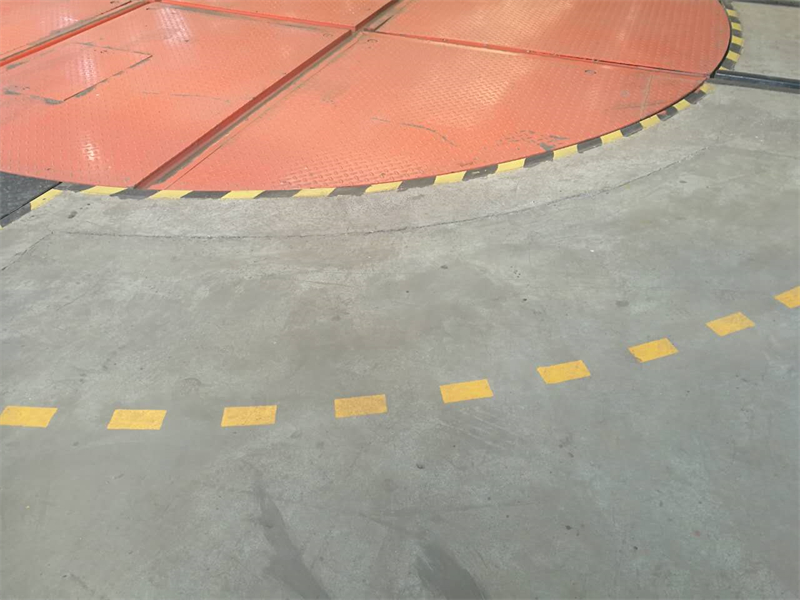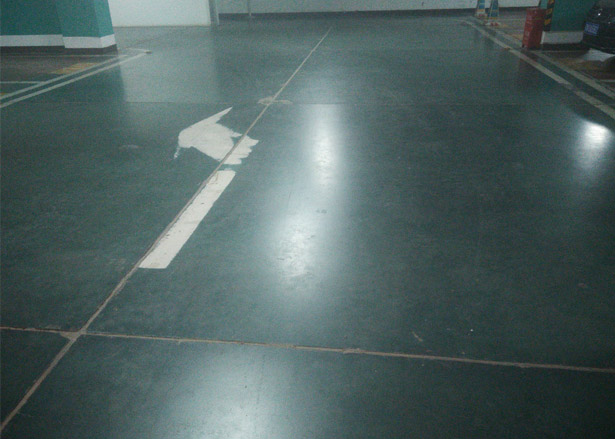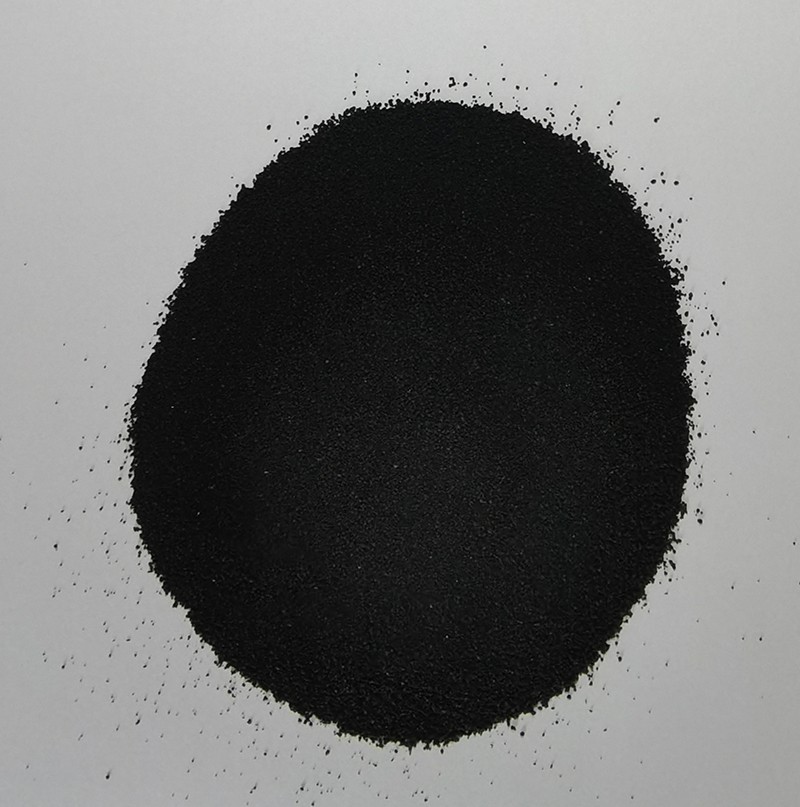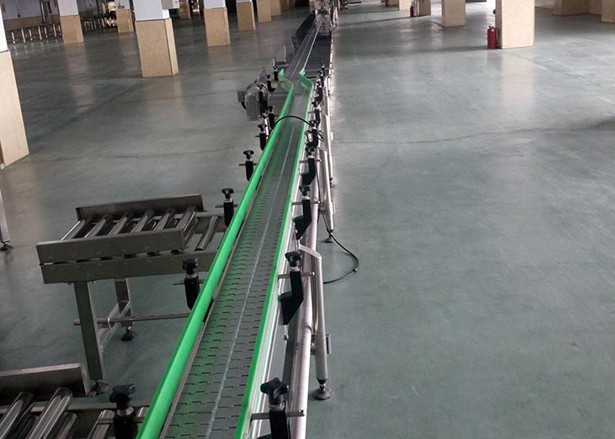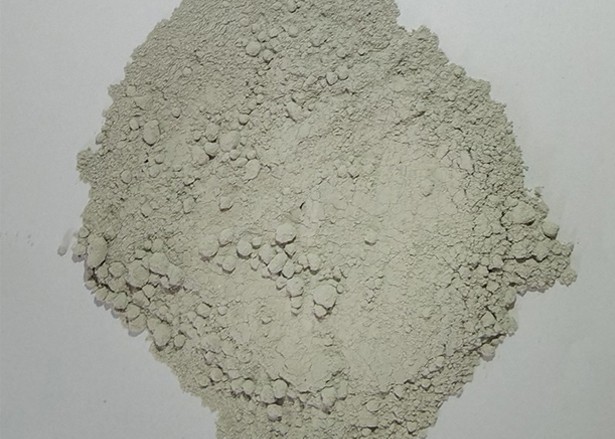Heavy-load composite flooring systems consist of multiple layers of materials engineered to provide superior strength, durability, and resistance to wear. These systems combine different materials, such as reinforced concrete, steel, fiber-reinforced polymers, and other advanced composites, to achieve the desired performance characteristics.
Key Features
- High Load-Bearing Capacity: Designed to support heavy machinery, equipment, and high foot traffic without deformation or damage.
- Durability: Resistant to wear, impact, and chemical exposure, ensuring long-term performance in demanding environments.
- Stability: Provides a stable and reliable surface that maintains structural integrity under varying loads and conditions.
- Ease of Maintenance: Requires minimal maintenance, contributing to lower long-term operational costs.
Types of Heavy-Load Composite Flooring Systems
- Reinforced Concrete Floors: These floors use concrete reinforced with steel bars or mesh to enhance load-bearing capacity and durability. Often used in industrial and commercial buildings.
- Steel Composite Floors: Combine steel decking with concrete or other materials to create a strong and resilient flooring system. Common in multi-story buildings and industrial applications.
- Fiber-Reinforced Polymer (FRP) Floors: Utilize composites made from fibers (such as carbon or glass) embedded in a polymer matrix. These floors are lightweight yet strong and resistant to corrosion.
- Hybrid Systems: Integrate various materials like steel, concrete, and polymers to optimize performance characteristics for specific applications.
Applications
- Industrial Facilities: Used in factories, warehouses, and production plants to support heavy machinery and equipment.
- Commercial Buildings: Installed in high-traffic areas, such as shopping malls, airports, and office buildings.
- Transportation Hubs: Applied in bus stations, train stations, and airports where high load capacity and durability are required.
- Cold Storage and Warehousing: Essential for environments requiring durable flooring that can withstand the weight of stored goods and vehicles.
Advantages
- Strength and Durability: Capable of supporting heavy loads and resisting wear and tear over extended periods.
- Versatility: Suitable for a wide range of applications and can be customized to meet specific requirements.
- Cost-Effectiveness: While the initial installation may be expensive, the long-term benefits, including low maintenance and durability, make it cost-effective.
- Safety: Provides a stable and reliable surface, reducing the risk of accidents and equipment damage.

